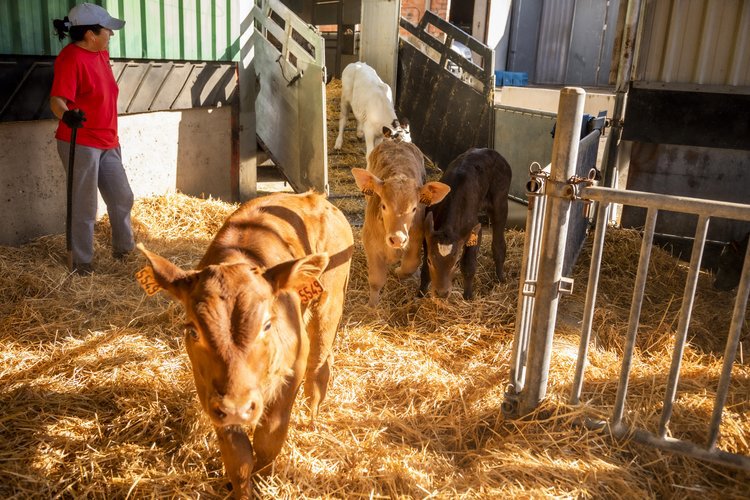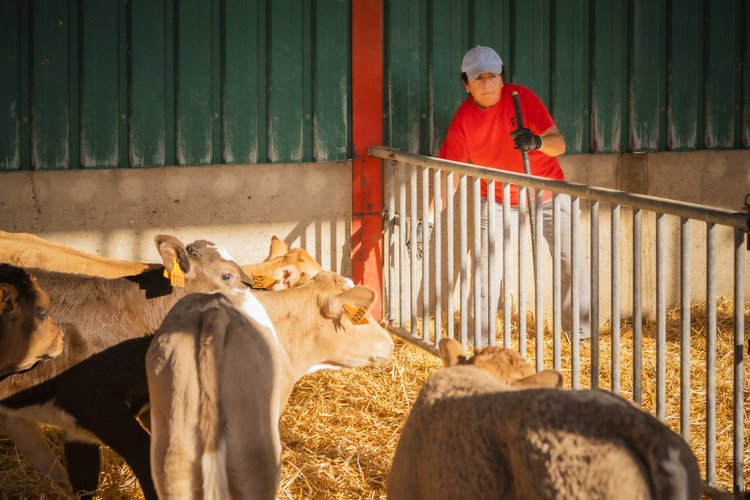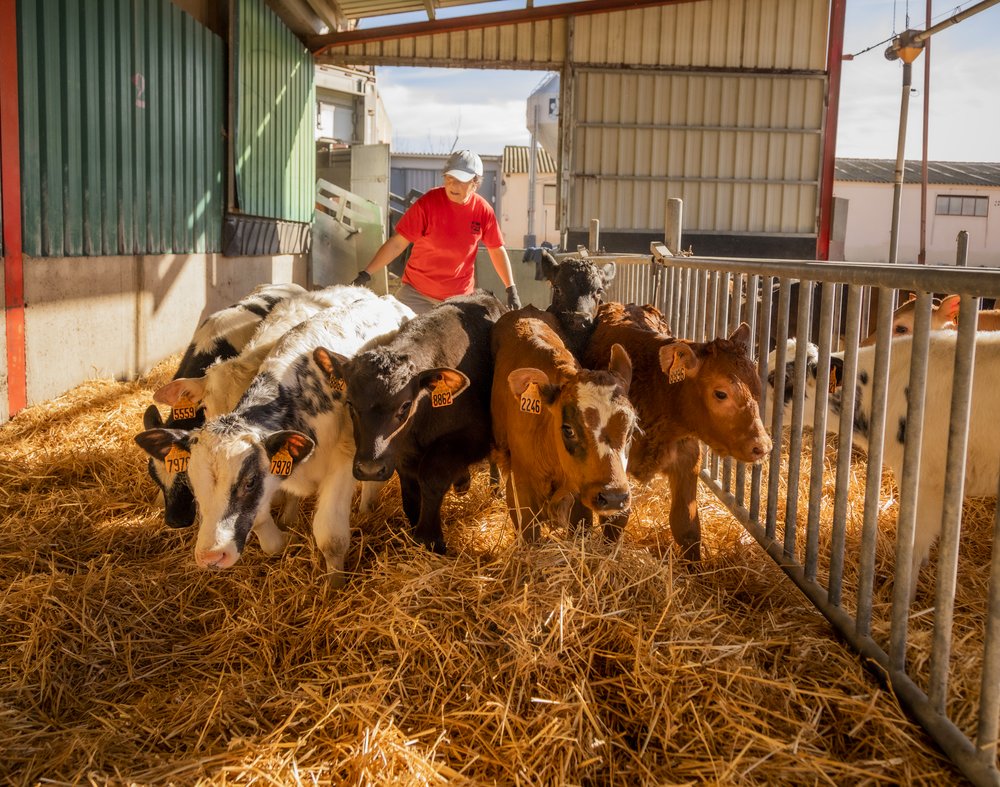
How to recognise
Stress caused by transport or other significant changes to an animal’s environment often leads to reduced intake and/or accessibility to feed and water. Signs of dehydration in animals include lethargy, weight loss, sunken eyes and low skin turgor, followed by shrinkage that can last for weeks.

The impact on the farmer
Stressed animals can’t perform optimally or develop normally, which often means longer shrinkage recovery periods and more days on feed are needed.
Our experience has shown that the most impactful and meaningful improvements in an animal’s development centre on effectively managing its stress. Programmes not aimed toward increasing the animal’s welfare during stressful periods are largely ineffective and can be a wasted effort.
Frequently Asked Questions
What are the main ways stress can impact an animal’s performance?
Stress negatively affects consistency of food intake. If long-lasting, stress can suppress the immunocompetence of animals, increasing their vulnerability and susceptibility to disease.
How can I best improve my animals’ water and feed intake after transport?
Because water and feed intake are linked, providing good quality water can stimulate intake of both. Make sure that animals can freely access their feed and water, preferably without competition.
Download
-
(175kB)
